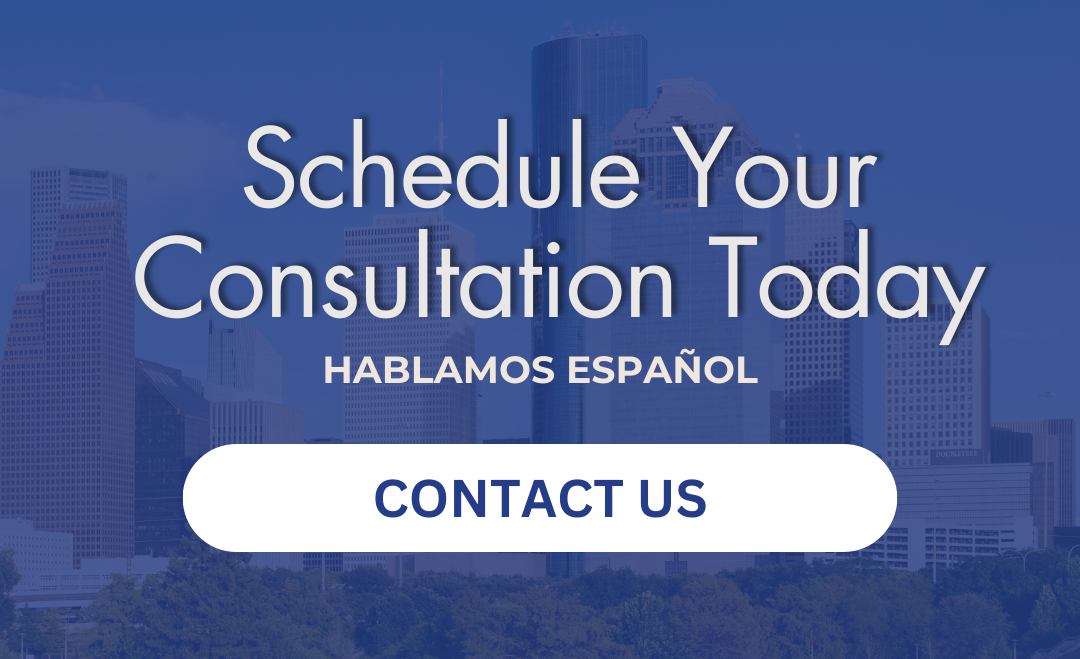Overview of Family-Based Immigration

Table of Contents
Introduction
Family-based immigration stands as a cornerstone of U.S. immigration policy, championing a compassionate and family reunification-focused pathway that empowers U.S. citizens and lawful permanent residents (green card holders) to sponsor specific family members for immigration to the United States. This pivotal immigration channel underscores the profound significance of familial bonds, enabling loved ones to unite, extend support, and embark on fresh chapters of life side by side.

The Nature of Family-Based Immigration
Family-based immigration represents a fundamental pillar of U.S. immigration policy. This profound immigration pathway places family reunification and togetherness at its core, enabling families to unite, extend support, and embark on new life chapters side by side.

Who is Eligible to Apply for a Family-Based Immigration Green Card?
U.S. citizens wield the power to sponsor immediate family members, encompassing spouses, unmarried children under 21, parents, and siblings. Lawful permanent residents also have the ability to sponsor certain family members, primarily spouses and unmarried children.
Diverse Family Immigration Visa Categories
Family-based immigration boasts a diverse array of visa categories, catering to various family relationships, including:
- Immediate Relative (IR) Visas: Tailored for spouses, unmarried children under 21, and parents of U.S. citizens.
- Family Preference Visas: Designed for unmarried adult children, married children, and siblings of U.S. citizens, along with spouses and unmarried children of lawful permanent residents.

What are the Required Forms for Family-Based Immigration Green Card Applications?
At the heart of family-based immigration lies Form I-130, the Petition for Alien Relative, serving as the primary form required. U.S. citizens and green card holders must submit this form to establish their qualifying relationship with the family member they intend to sponsor. Depending on the family member’s location and immigration status, additional forms such as Form I-485 for Adjustment of Status or Form DS-260 for Consular Processing may also be necessary.
Ochoa & Hill Law Group in Houston, Texas, remains unwavering in its commitment to offering skilled legal counsel and guidance throughout the Family-Based Immigration journey. We possess a deep understanding of immigration law intricacies and are dedicated to reuniting families and helping them create a brighter future in the United States.
To ensure a seamless process, consider consulting with our experienced immigration attorneys at Ochoa & Hill Law Group. Contact us at (713) 984-4823 to schedule a consultation.
Disclaimer: The information provided above is not intended as legal advice. Each immigration case is unique, and individuals should seek personalized legal guidance.








